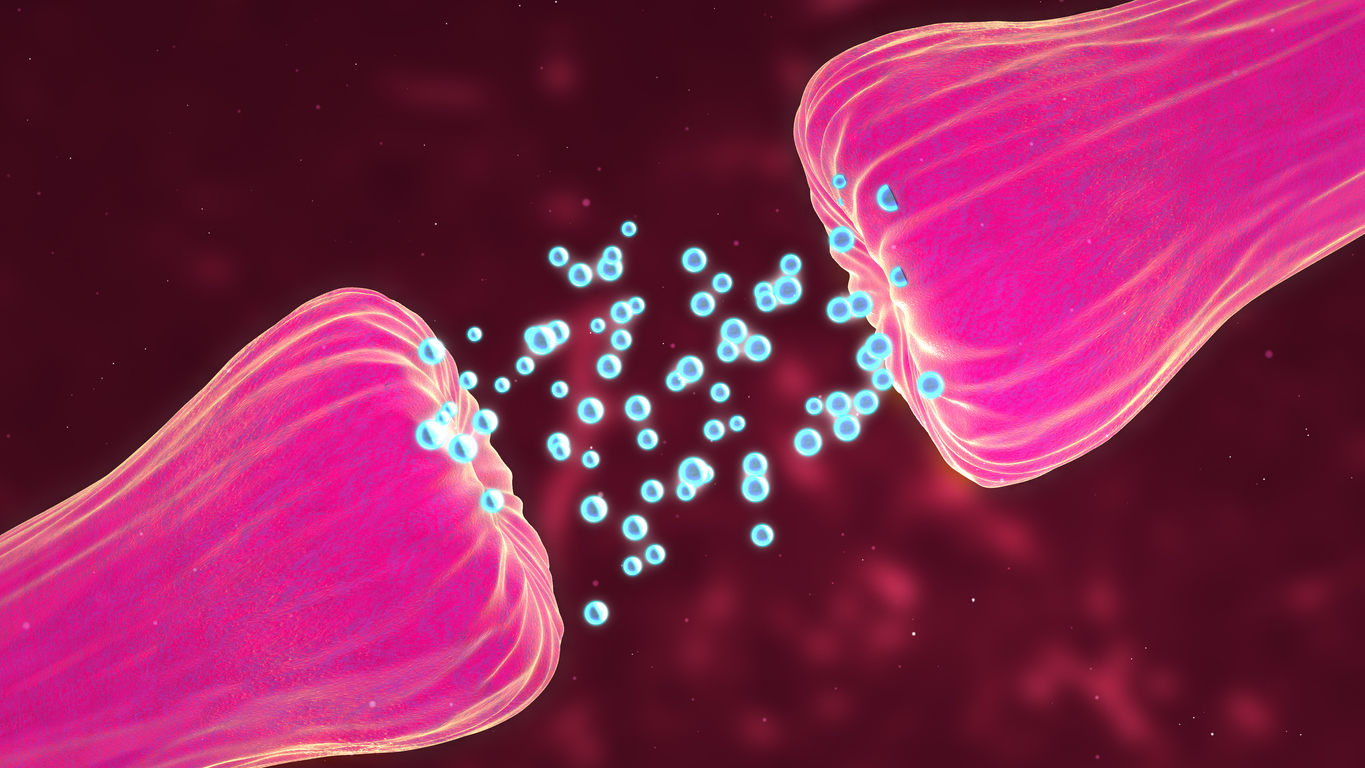
What happens to our dopamine system when we experience aversive events?
A new study has examined how the dopamine system processes aversive unpleasant events.
Go Ad-Free. Members-Only stories. Support independent news.
Already a member?
LATEST IN

A new study has examined how the dopamine system processes aversive unpleasant events.
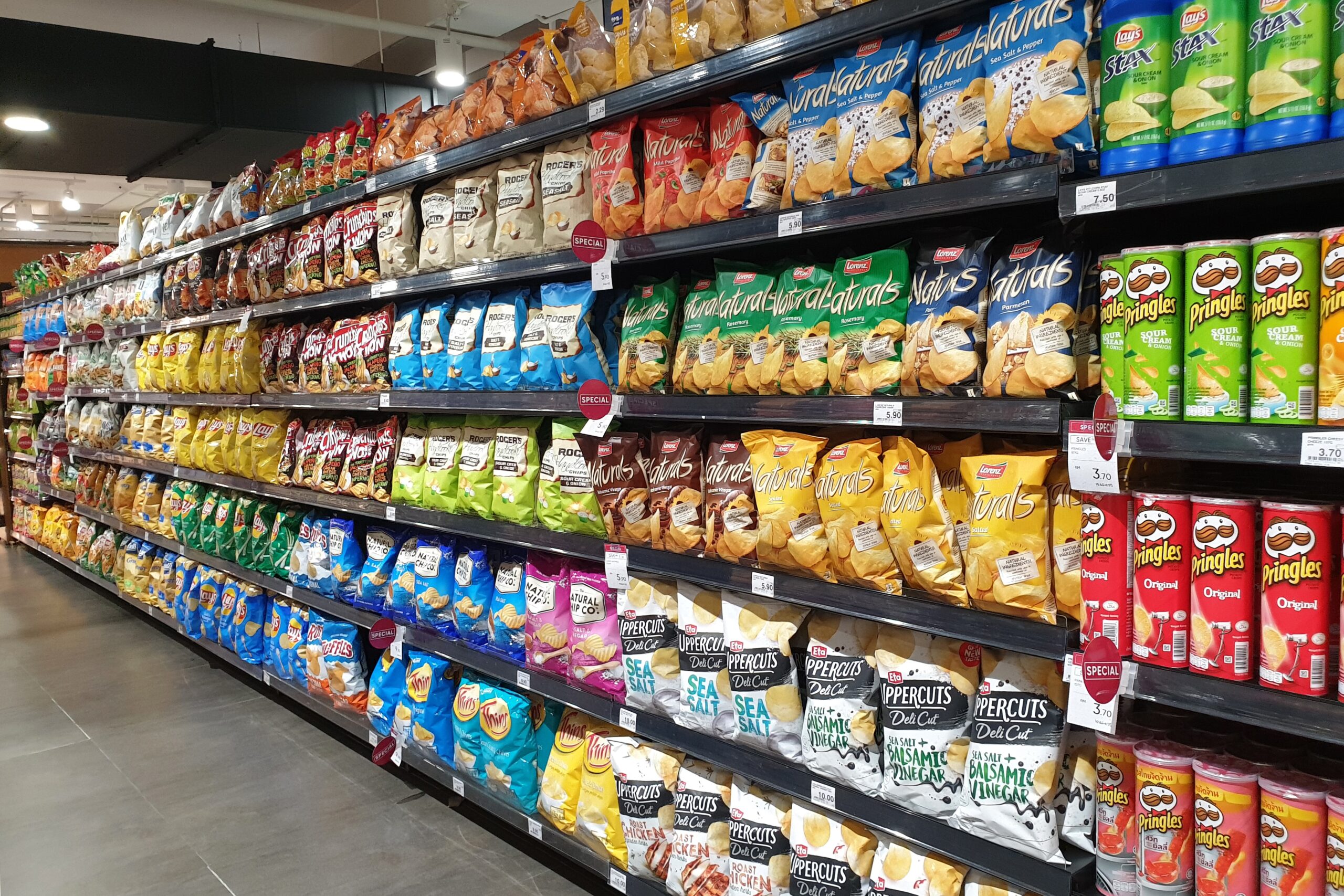
A year-long study of the dietary habits of 9,341 Australians has backed growing evidence that highly processed and refined foods are the leading contributor of rising obesity rates in the Western world.
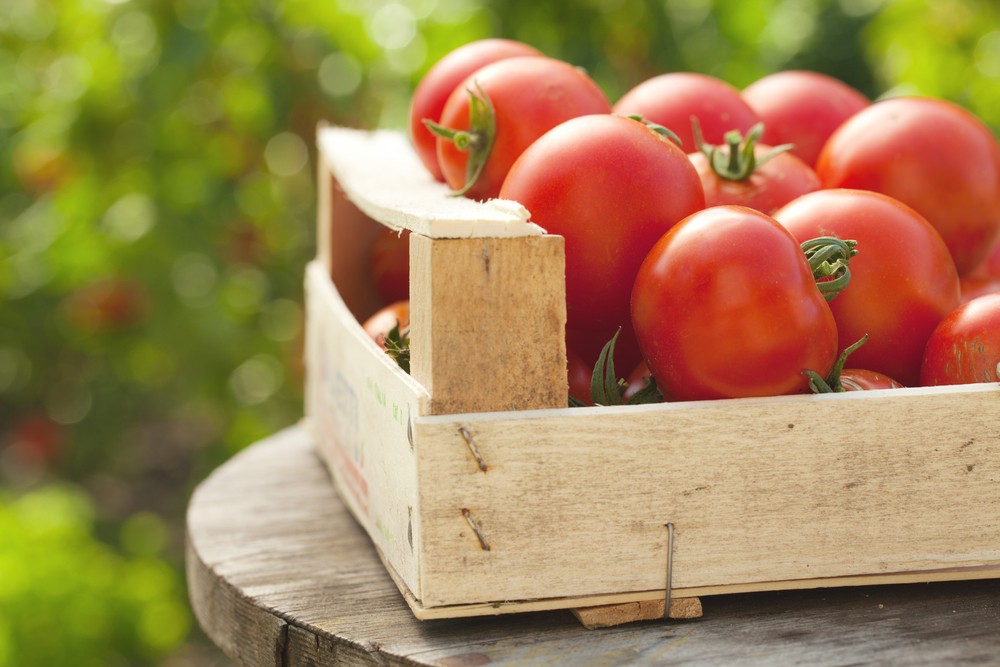
Two weeks of eating a diet heavy in tomatoes increased the diversity of gut microbes and altered gut bacteria toward a more favorable profile in young pigs, researchers found. After observing these results with a short-term intervention, the research team plans to progress to similar
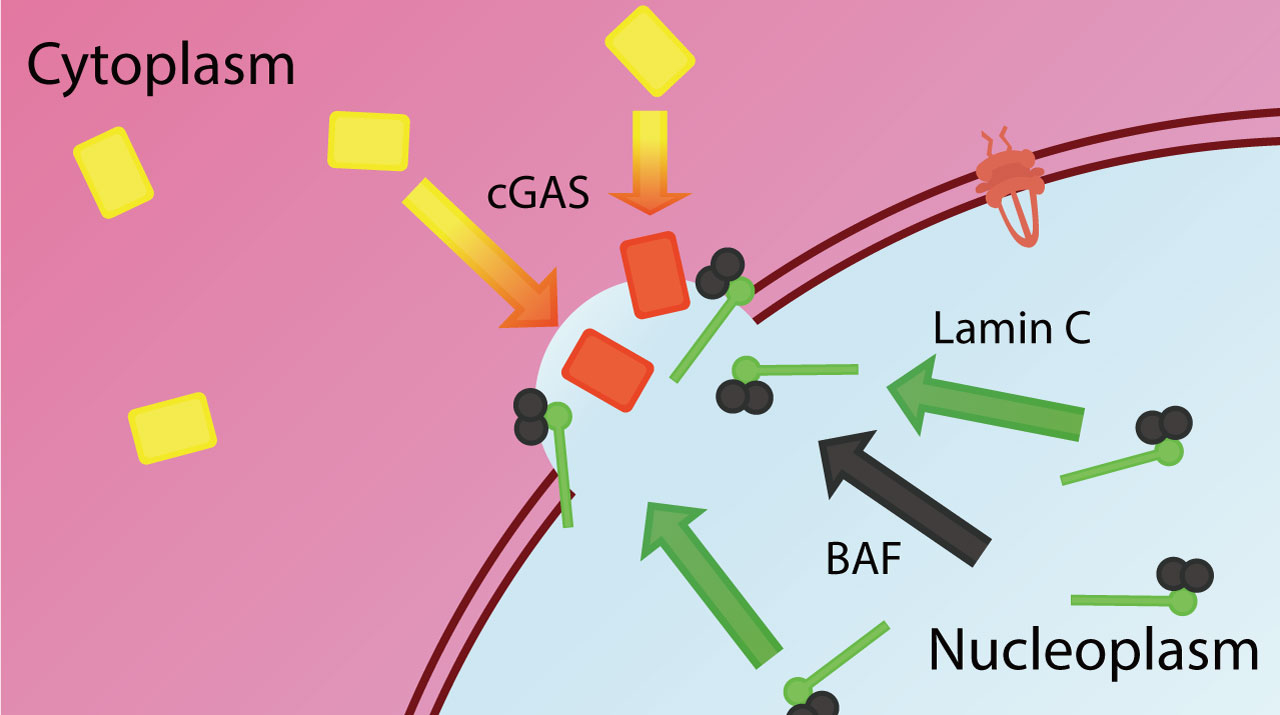
Using immunofluorescence and live-cell imaging, researchers were recently able to determine the mechanism underlying the repairing mechanism of the nuclear envelope, which play a key role in various physiologically relevant processes. The accidental rupture of the structure poses a hazard to the integrity of the
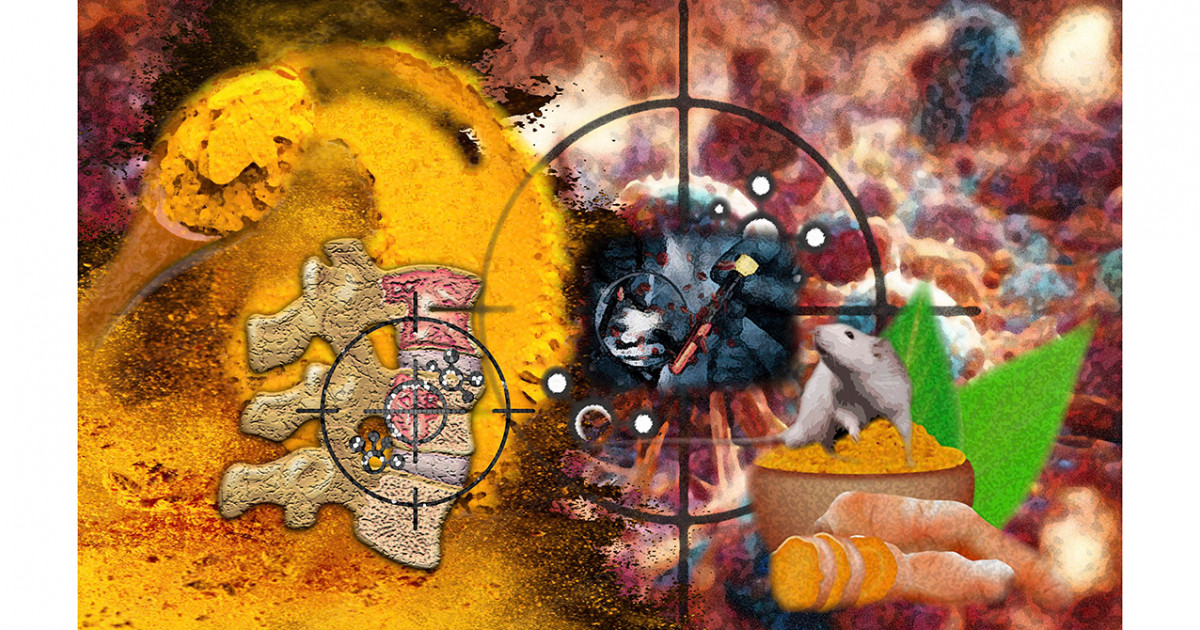
A prodrug form of curcumin, TBP1901, has shown anti-tumor effects without toxicities. The enzyme GUSB was identified for its key role in TBP1901 conversion to curcumin, which also has essential therapeutic targets.
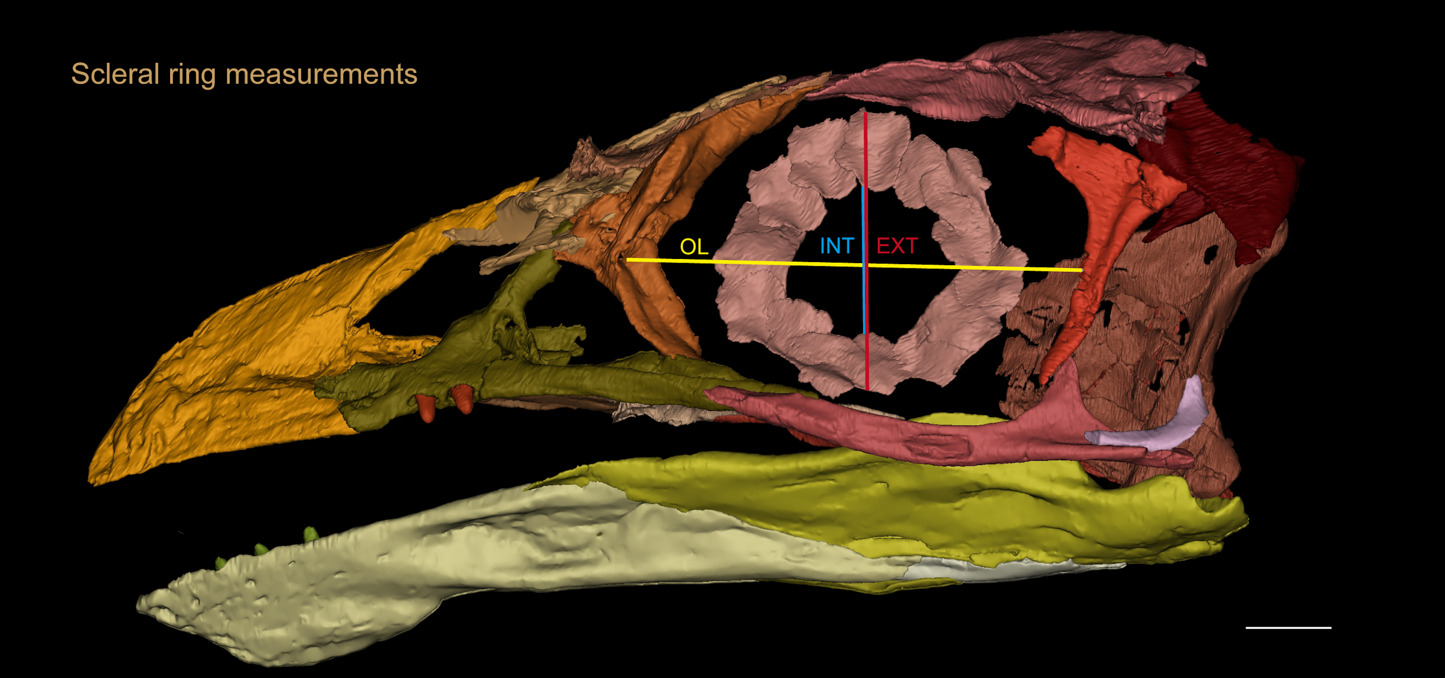
Piecing together the crushed skull of a fossil bird that lived alongside the dinosaurs helped researchers extrapolate what its brain would have looked like: big olfactory bulbs would have meant that this bird, the earliest known animal to eat fruit, had a better sense of

In the first nationally representative study of cognitive impairment prevalence in more than 20 years, researchers found almost 10% of older adults have dementia and 22% have mild cognitive impairment.
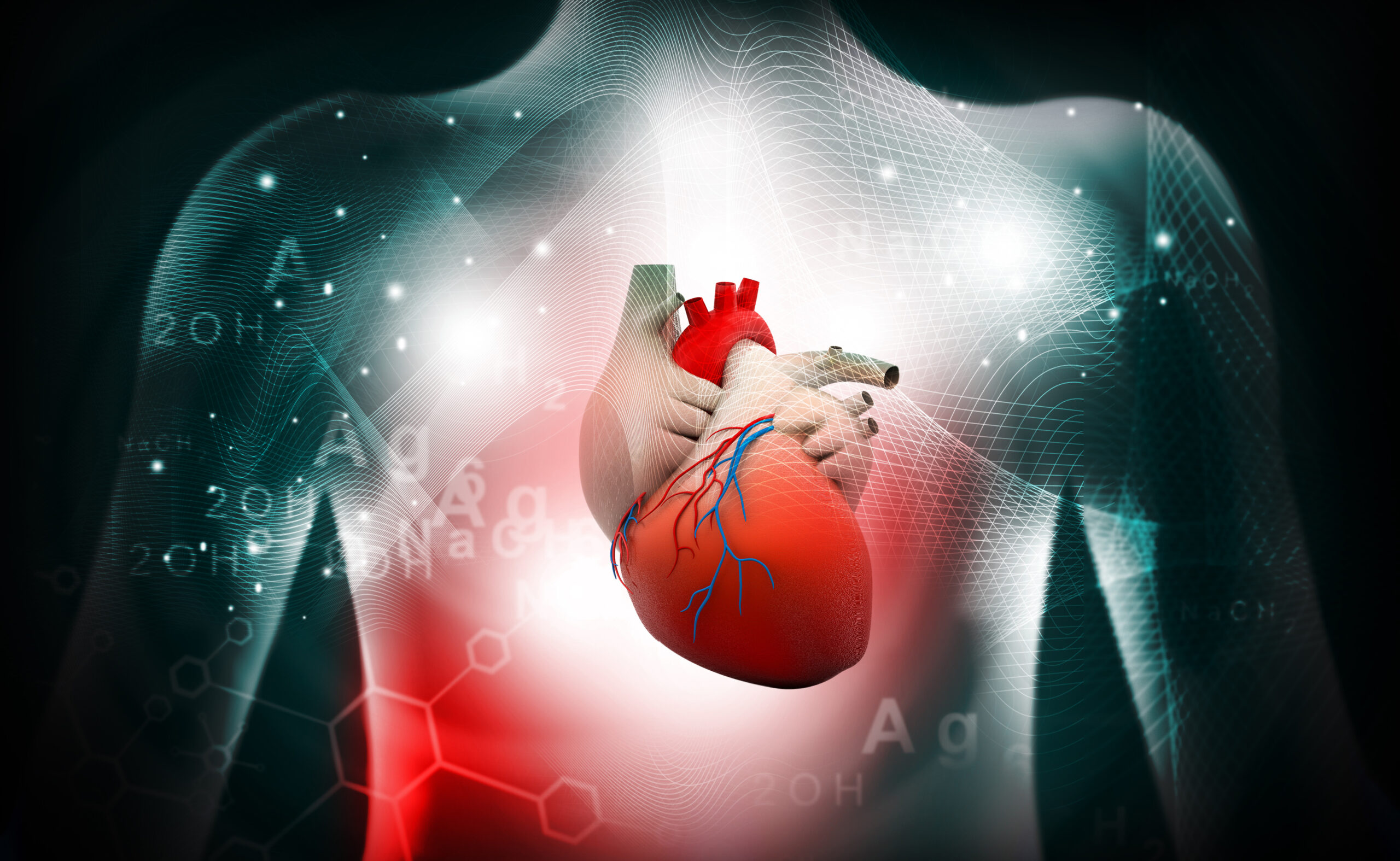
Investigations in Japan have uncovered some molecular mechanisms behind mitochondrial dysfunction in chronic heart failure.

Exposure in utero to a specific flame retardant, or to its individual brominated (BFR) or organophosphate ester (OPFR) components, resulted in altered brain development in newborn rats.
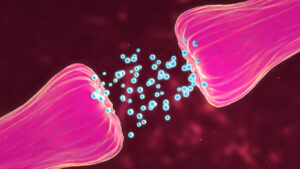
A new study has examined how the dopamine system processes aversive unpleasant events.
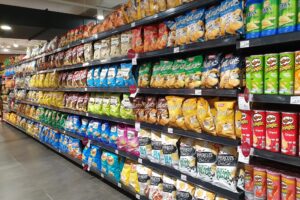
A year-long study of the dietary habits of 9,341 Australians has backed growing evidence that highly processed and refined foods are the leading contributor of rising obesity rates in the Western world.
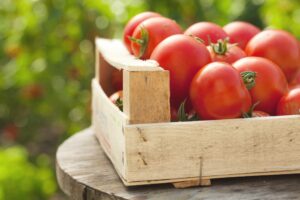
Two weeks of eating a diet heavy in tomatoes increased the diversity of gut microbes and altered gut bacteria toward a more favorable profile in young pigs, researchers found. After observing these results with a short-term intervention, the research team plans to progress to similar studies in people.
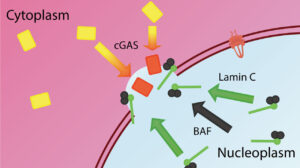
Using immunofluorescence and live-cell imaging, researchers were recently able to determine the mechanism underlying the repairing mechanism of the nuclear envelope, which play a key role in various physiologically relevant processes. The accidental rupture of the structure poses a hazard to the integrity of the mammalian nucleus. The study found that lamin C and related factors synergistically facilitate the repair process in mammalian cells.
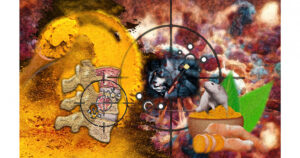
A prodrug form of curcumin, TBP1901, has shown anti-tumor effects without toxicities. The enzyme GUSB was identified for its key role in TBP1901 conversion to curcumin, which also has essential therapeutic targets.
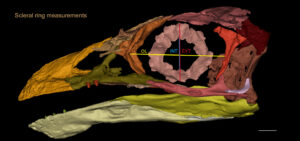
Piecing together the crushed skull of a fossil bird that lived alongside the dinosaurs helped researchers extrapolate what its brain would have looked like: big olfactory bulbs would have meant that this bird, the earliest known animal to eat fruit, had a better sense of smell than most modern birds. And the bones around its eye sockets revealed that it would have been better at seeing by day than at night.

In the first nationally representative study of cognitive impairment prevalence in more than 20 years, researchers found almost 10% of older adults have dementia and 22% have mild cognitive impairment.
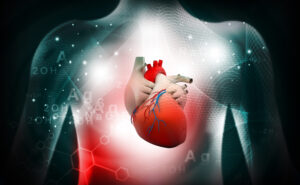
Investigations in Japan have uncovered some molecular mechanisms behind mitochondrial dysfunction in chronic heart failure.

Exposure in utero to a specific flame retardant, or to its individual brominated (BFR) or organophosphate ester (OPFR) components, resulted in altered brain development in newborn rats.
We really don’t want to rely on ads to keep our platform running! Go ad-free by clicking the button below to become a News+ member. It helps us to keep bringing you the latest science news!
If you aren’t able to join today please bookmark us for when you’re feeling extra generous…it goes a long way!
SCIBLE NEWS



We really don’t want to rely on ads to keep our platform running! Go ad-free by clicking the button below to become a News+ member. It helps support our small team to keep bringing you the latest science news!
Scible News was built because we believe that science communication is vital in the fight against misinformation. That is why we bring you the latest science news direct from hundreds of research organizations around the world and across every scientific discipline. We try to provide (where possible), direct links to the sources and original publications at the bottom of each news article, so you don’t have to waste time looking for the original publications.
Scible only offers information for educational purposes. No content presented by Scible is intended to substitute expert legal, accounting, or other advice. Content that is aggregated through our automated process is intended to help link to and promote the original source. Any content believed to breach copyright through this automated process, regardless of an actual breach, will be removed at the original owner’s request. Any views expressed in our content do not necessarily reflect the opinions of Scible, its partners, employees, or collaborators.
Copyright © 2022 Scible Ltd. All rights reserved.